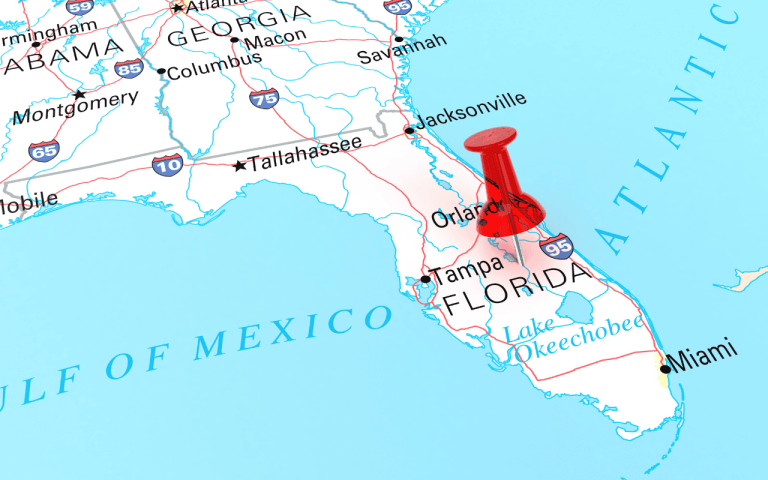College costs can stretch any family, but many programs specifically help students from middle-income households bridge the gap. These middle class scholarships reward academic excellence, leadership, and community impact—while recognizing that not every family qualifies for full need-based aid.
Below is a curated list of scholarships and programs designed for middle class families, plus competitive national awards that often support students with demonstrated need.
Scholarship Institute can help you find more scholarships to offset the cost of higher education!

Top Scholarships for Middle Class Families
GE-Reagan Foundation Scholarship
- Award: $10,000/year, renewable
- Eligibility: U.S. high school seniors who demonstrate leadership, academic excellence, and character. Involvement in extracurriculars and service is expected.
- Deadline: January 3, 2025
- Learn more: GE-Reagan Foundation Scholarship
APIA Scholars Scholarship
- Award: $2,500–$20,000
- Eligibility: Asian and Pacific Islander American undergraduates enrolled full-time; must be a citizen or legal permanent resident of the United States; Be enrolling/enrolled as an undergraduate student at a U.S.-accredited institution in the academic year following the application submission.
- Deadline: November 2025 (2026-27 cycle)
- Learn more: APIA Scholars Scholarship
Profile in Courage Essay Contest
- Award: Up to $10,000
- Eligibility: U.S. high school and homeschool students who submit an original essay about political courage and leadership.
- Deadline: Mid-January (varies annually)
- Learn more: Profile in Courage Essay Contest
Coolidge Scholars Program
- Award: Full ride (tuition, room, and board)
- Eligibility: Exceptional U.S. high school juniors with outstanding academics, leadership, and civic engagement; homeschoolers eligible.
- Deadline: Late summer or early fall 2025
- Learn more: Coolidge Scholars Program
California Middle Class Scholarship (MCS)
- Award: Covers a portion of UC/CSU tuition after grants, scholarships, and student/parent contributions (varies by student).
- Eligibility: California residents or AB 540 students attending UC or CSU; FAFSA or CADAA filed by March/April; meet income/asset thresholds and Satisfactory Academic Progress.
- Deadline: Typically March 2nd
- Learn more: California MCS
Jack Kent Cooke Undergraduate Transfer Scholarship
- Award: Up to $55,000 per year to complete a bachelor’s degree
- Eligibility: High school seniors intended to enroll in an accredited four-year college beginning in fall 2026, minimum cumulative unweighted GPA of 3.75, demonstration of unmet financial need.
- Deadline: November 12, 2025 (next cycle)
- Learn more: JKC College Scholarship Program
How to Maximize Middle Class Aid
- File the FAFSA early. Aid that considers financial need can depend on timely FAFSA submission.
- Use the CSS Profile if required. Many private colleges allocate institutional aid through the CSS Profile.
- Stack smartly. Combine institutional scholarships, state grants, and private awards to reduce out-of-pocket costs.
- Appeal your aid. If circumstances change (job loss, medical expenses), ask for a professional judgment review.
- Target fit. Apply to a mix of schools where you’re in the top quartile academically—merit aid is often strongest there.
Frequently Asked Questions
What is a “middle class scholarship”?
Scholarships and grant programs designed to help families who may not qualify for large need-based awards but still can’t cover full costs. These often combine merit and moderate need.
What income counts as “middle class”?
There’s no single national number. Many programs look at FAFSA data, cost of attendance, and family circumstances. State programs (like California MCS) use their own income/asset thresholds.
Can middle class students get need-based aid?
Yes. With higher college costs, many middle-income students qualify for some need-based aid—especially at institutions with strong endowments or through state programs.
Can I stack these scholarships with institutional aid?
Often yes, but policies vary. Some awards reduce unmet need; others may replace loans or work-study. Always check stacking rules.
Do merit scholarships consider financial need?
Some merit awards are purely academic; others (like several above) weigh both achievement and need. Read each program’s criteria carefully.

Lucy Maddox
Lucy’s international upbringing in Hong Kong and love for literature have shaped her multifaceted background. She attended university in Middlebury, Vermont, before settling in Arlington, Virginia. In her free time, Lucy enjoys True Crime podcasts, thrillers, literary fiction, running, hiking, exploring Washington, D.C.'s newest restaurants, and blogging about her latest travels.





